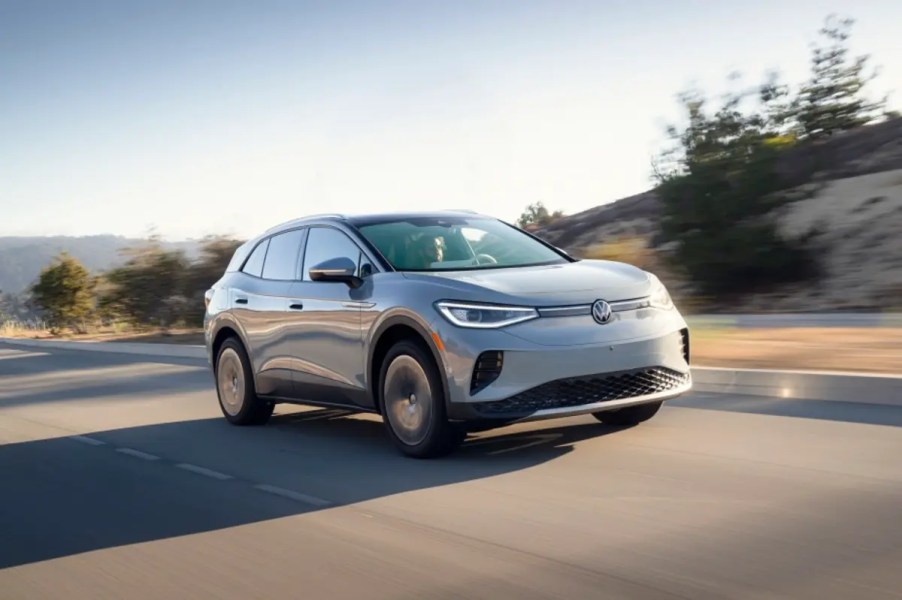
Electric Vehicles Less Reliable Than Gas According to New Study
After an extensive study conducted over the last year, a new analysis finds that EVs are a lot less reliable than gas-powered vehicles. Of the three segments, gas, hybrid, and electric, reliability was worse for electric vehicles mostly due to using newer, less-proven, technologies. Unfortunately, newer EV startups have less time and resources to adequately cover hidden issues, with the exception of Tesla.
Why are electric vehicles less reliable?

Since 2012, when the Tesla Model S was introduced, the EV maker has had over a decade to address issues that have crept up. Obviously, that’s one advantage even legacy manufacturers like Ford and GM haven’t had. Both companies have had issues with the Chevrolet Bolt standing out as a major example. And the Ford Mustang Mach-E has seen its reliability ranking continue to fall. But even Tesla is experiencing issues as it pushes forward with its FSD automation systems.
“The automakers are using EVs as a technological testbed for whatever new technology they want to try out,” Consumer Reports director of testing Jake Fisher told CNBC. “By having all this new technology, there’s a lot of potential problems with them.” It found that reliability has been an ongoing issue with EVs for years as a result.
Are there any reliable EVs?

And as more EV startups begin manufacturing, we can expect to continue seeing tech issues rising. But this doesn’t mean there aren’t some fairly sussed-out EVs on the market. Several recent consumer site reviews find that of all the 2023 models, the Kia EV6 is way above average for reliability.
The EV6 is Kia’s version of the Hyundai Ioniq 5 and is new for 2023. It comes in both rear-wheel- and all-wheel-drive packages, with a range of over 300 miles between charges. With its GT model, there is 576 hp to tap into. EV6 competition is the Ford Mustang Mach-E and Volkswagen ID.4, both of which score poor reliability points from several auto consumer sites for 2023.
Are hybrids any better?

And not all of the electric vehicle segments score poorly. Based on owner feedback and previous years’ findings, both hybrid cars and trucks are proven winners. Again, this is partially due to there being a longer period for sorting out problems. After all, the Toyota Prius was launched 25 years ago, which would argue it is not a new technology anymore.
“When you put in new technology, and you try new things, and you deviate from what is proven technology, you’re going to have more problems,” Fisher said. But whatever happened to the old days of bringing out a thoroughly tested new vehicle without the expectation of recalls? So far this year alone the Mustang Mach E has seen three NHTSA safety recalls, and the year isn’t over.
There is, however, hope for the future. Tesla has seen its reliability rating move up significantly for 2023, though it still has a below-average reliability score. What is hurting it are quality issues like paint and trim problems, door gaps, and the like.
You can see Motor Week’s long-term electric vs. gas vehicle comparison test in the video below:
Updated: 5/30/2023



